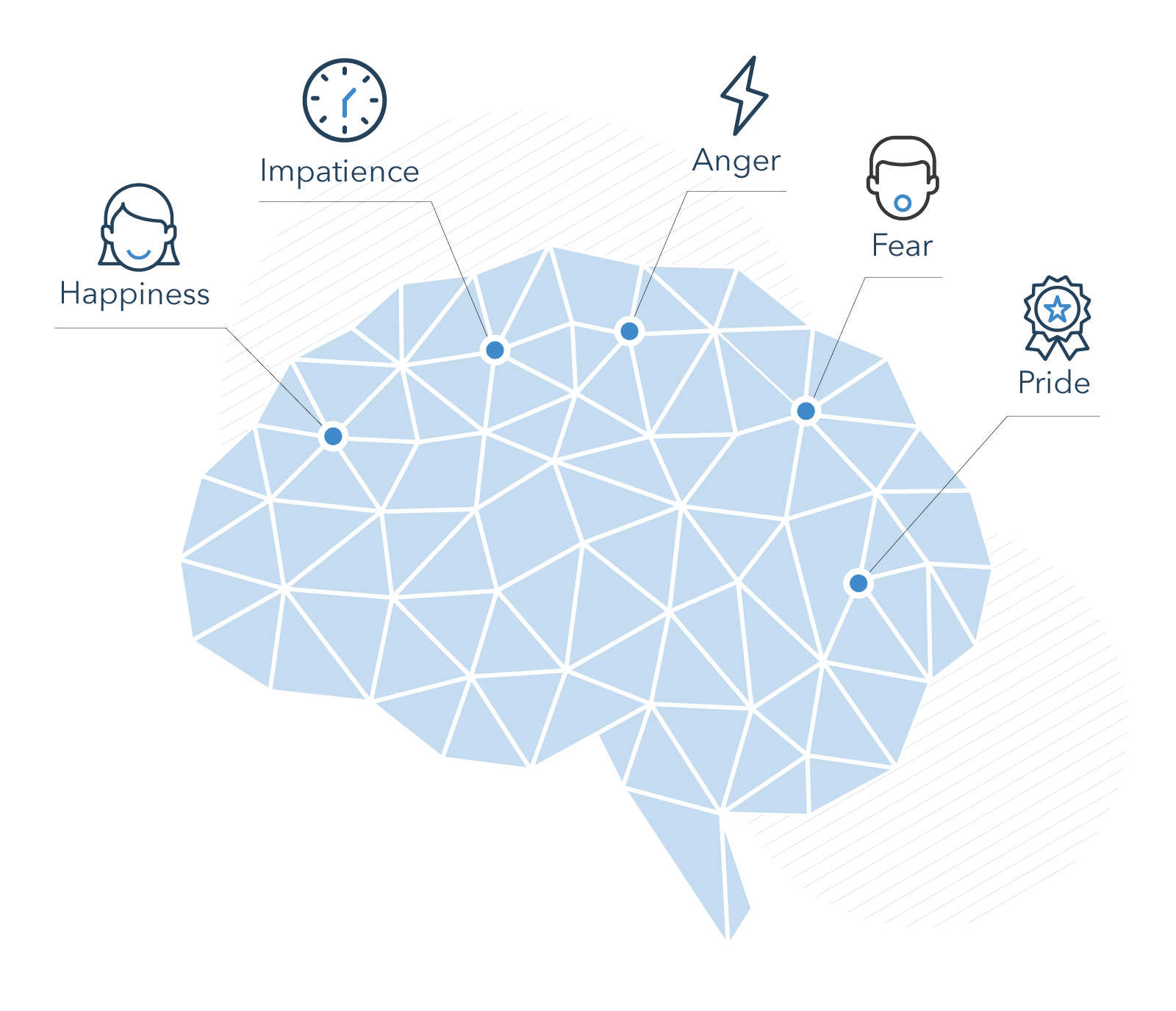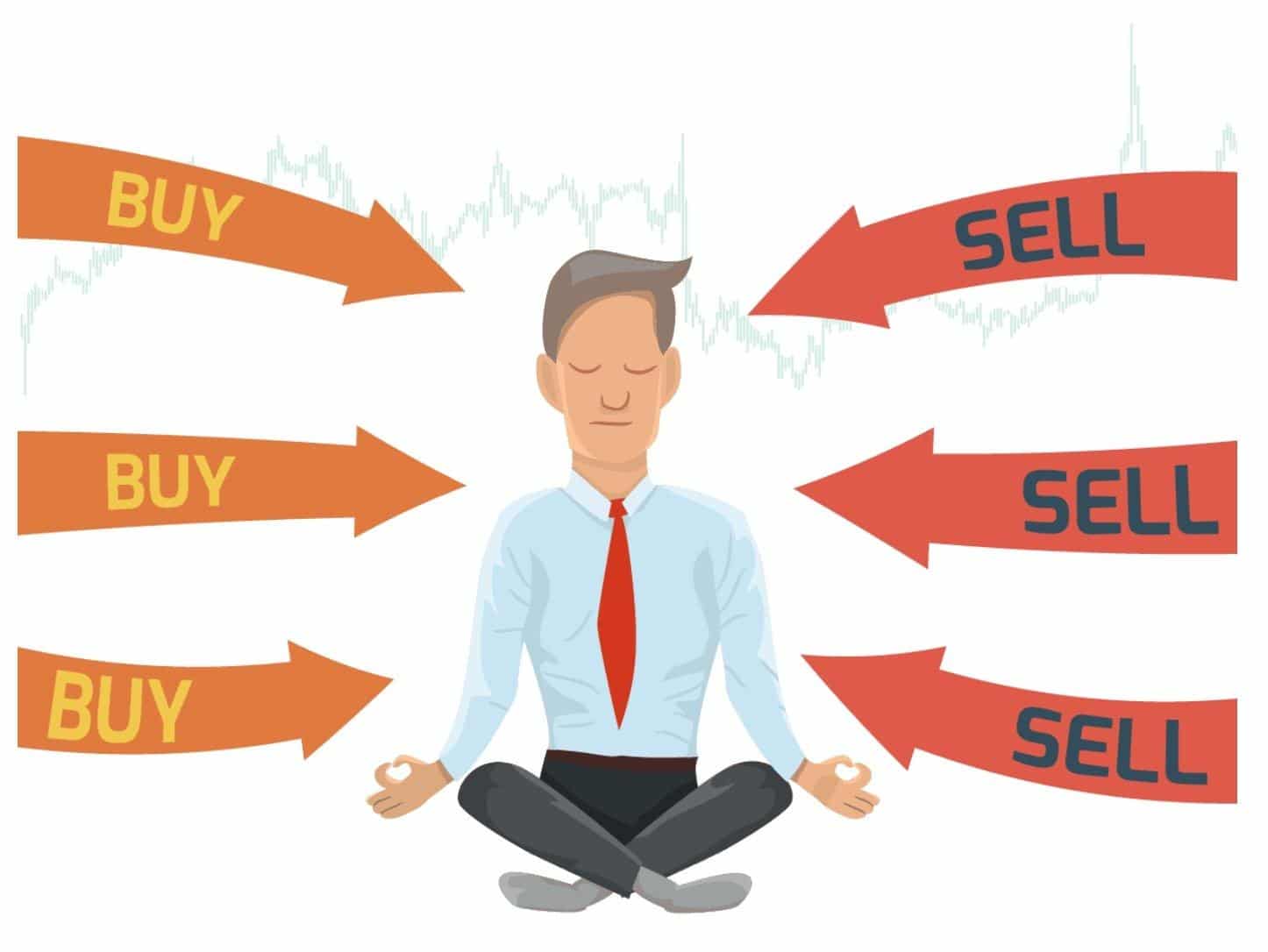Having a sound market judgment is perhaps the most important factor when it comes to being a successful trader. One should be as clear and objective in one’s decision making processes to minimize the effects of biases and emotions during one’s assessment of the markets.
In this article, we go through the importance of making sound market judgments, the dangers that are associated with biased judgments, and how one can have a fresh view of the markets.
Judgment in Forex: ‘Must have’ for profitable traders
Making forex market judgment is perhaps the most important skill in trading. Every trader has to eventually commit to a position based on what their analysis is, even when there is no success guaranteed.
Market judgment in forex trading involves trading currencies – buying and selling – with the hope of making profits. A trader’s assessment includes the likelihood of whether the market will go up or down before placing a trade. Since there is a lot of uncertainty involved with the market, a trader’s judgment is based on some speculation, and s/he has to ensure that they make full use of the information available to them.
Making sound judgment is dependent on the mindset of the trader. If a trader is not in the right frame of mind, s/he can end up making some very catastrophic mistakes that can upset their judgment-making abilities. It is comparable to driving with a foggy windshield. You have to keep your car’s windshield clean if you want to avert disaster and get to your destination.
Similarly, traders need to be aware of their psychology and be wary of emotions and biases taking the better of their judgment-making abilities.
Danger! You are misreading financial markets
There are a number of factors that can affect one’s market judgment negatively. Let us go through a few of these to see how they can lead to blurred judgments.
Perception of loss
Perhaps the biggest psychological obstacle to making sound market judgments is the perception of loss. Traders are often afraid of closing a trade only to realize that they have incurred losses that outweigh the excitement of having winning trades. Not only does this perception of loss keep them from making a sound market judgment but it can also cripple a trader in his/her ability to do so.
Giving in to greed
Being overly ambitious and avaricious can be equally devastating to one’s market judgment. Many traders will get greedy when they have a losing position and will hold on in the hopes that the price may come back to its entry-level. This psychological bias greatly compromises a trader’s judgment and leads to bad decisions.
Overconfidence
A string of successes builds up confidence in one’s judgment, which is necessary for continuing. However, the danger begins to manifest when one starts to get into the territory of being ‘overconfident.’ Overconfidence allows bad habits to sneak back in and makes one bend one’s trading strategies and rules just because the trader is feeling that s/he will be right no matter what.
Trading Biases
Traders, like all human beings, are also susceptible to have biases that negatively affect their judgment. Biases aren’t fundamentally bad for they do allow one to sift through the welter of information and make sense of it. But, when it is not based on any objective facts, it can greatly hamper one’s decision-making process. Some of the most common biases are as follows:
- Representative bias
- Status quo bias
- Confirmation bias
- Negativity bias
- Gambler’s fallacy
If a trader is not aware of his/her trading bias, they can end up being controlled by it. For instance, confirmation bias will lead one to seek out or give greater weight to analysis that confirms one’s preconceived ideas. When this happens, a trader may overlook or disregard information that goes against their conviction.
Trading bias: How to have a fresh view on market?
In order to keep one’s view on the market fresh and untainted, it is important to alter one’s frame of mind. This will allow a trader to develop successful trading psychology. Let us go through a few tips that can help with the same.
Identify personality traits
Identifying one’s personality traits goes a long way to ensuring long-term success in any field, not just in forex trading. This will allow you to be wary of negative personality traits that get in your way such as acting out of frustration or anger and making ill-advised decisions.
At the same time, your personality traits will also let you play to your strengths. For example, if you are a calm and calculated person by nature, you can take advantage of these personality traits when you are spending time assessing the markets.
Be Adaptive
There are no winning streaks in trading, and nor are any two days the same. Keeping this in mind should allow you to become comfortable in your judgments of the market and assessing how markets change from day to day.
If there is a lot of volatility one day compared to the previous day and the market is moving unpredictably, it would be better to keep trading on hold until you’ve figured out what is happening. Having the ability to become adaptable in different situations will limit your emotions from taking over and rule out your unconscious biases, which will move you in the direction of assessing market situations with a clear eye.
Conclusion
Making sound market judgments is all about one’s mindset and psychology while one is assessing the markets. This will determine whether you buy or sell, what the best time to trade is, and what your position size should be; and these will inform whether you make profits or losses.
Being aware of one’s psychological shortcomings as well as strengths will allow traders to make the necessary adjustments so their decision-making process remains clear and unclouded.










